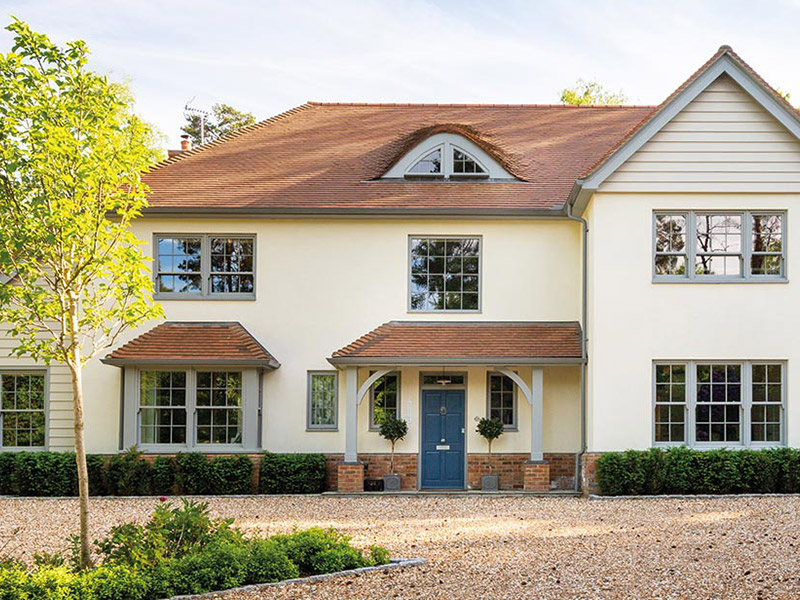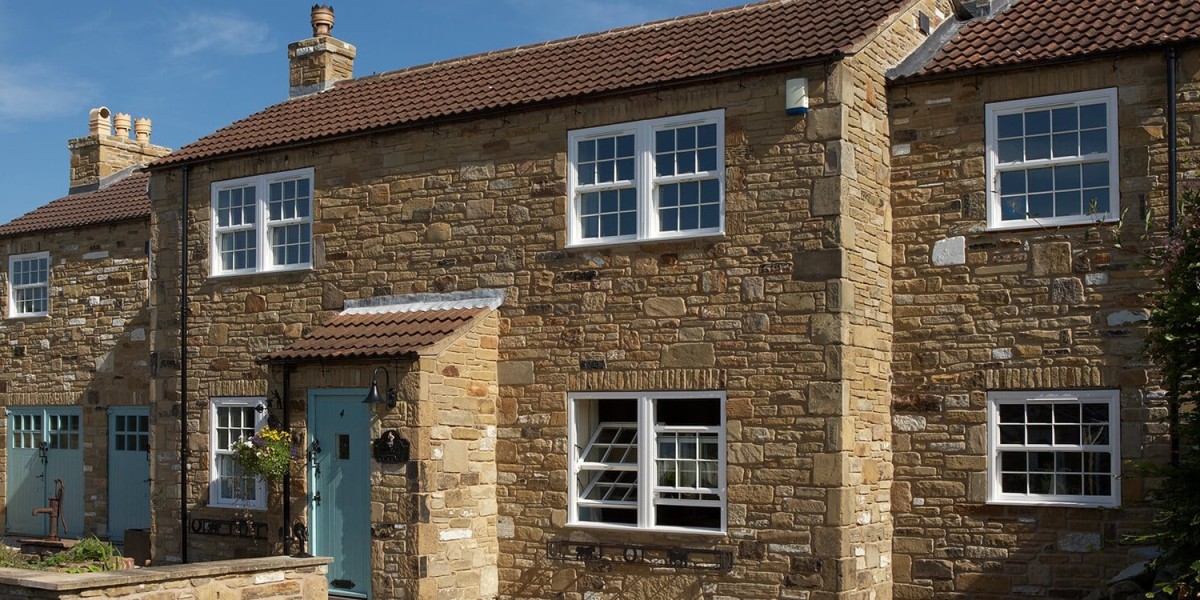
Double glazing refers to the use of two panes of glass separated by a space filled with air or gas, designed to improve thermal insulation, reduce noise, and enhance energy efficiency in buildings. This technology has gained immense popularity in residential and commercial properties alike, primarily due to its ability to create a comfortable indoor environment while also contributing to energy savings and sustainability. This article explores the mechanisms of double glazing, its benefits, and considerations for homeowners and builders.
Understanding Double Glazing
At its core, double glazing consists of two sheets of glass that are sealed around the edges, creating an insulating space between them. This airspace can be filled with argon or krypton gas, which are denser than air and provide better insulation. The design of double glazing is not just about aesthetics; it is fundamentally about creating a barrier that minimizes heat transfer, thereby keeping interiors warmer in winter and cooler in summer.

The effectiveness of double glazing is measured by its U-value, which indicates the rate of heat transfer. A lower U-value signifies better insulation properties. Double glazed windows can achieve U-values significantly lower than single glazed windows, making them a superior option for energy efficiency.
Benefits of Double Glazing
- Energy Efficiency: One of the most compelling reasons to invest in double glazing is its energy efficiency. By reducing heat loss, double glazing can lead to substantial savings on heating and cooling costs. Homeowners can expect to see a reduction in their energy bills, often recouping the initial investment within a few years.
- Noise Reduction: Double glazing is also effective at minimizing external noise, making it an excellent choice for homes located in busy urban areas or near highways. The sound insulation properties of double glazed windows can significantly enhance the quality of life by creating a quieter indoor environment.
- Increased Comfort: With improved thermal insulation and noise reduction, double glazing contributes to a more comfortable living space. This is particularly beneficial in extreme climates where temperature fluctuations can be significant.
- UV Protection: Double glazed windows can also help protect interiors from harmful ultraviolet (UV) rays. This is especially important for protecting furniture, flooring, and artwork from fading and damage caused by prolonged sun exposure.
- Enhanced Security: Double glazed windows are generally more robust than single glazed options, making them harder to break. This added strength can deter potential intruders and enhance the overall security of a property.
- Environmental Benefits: By reducing energy consumption, double glazing contributes to lower greenhouse gas emissions. This aligns with global efforts to promote sustainability and combat climate change, making it an environmentally friendly choice.
Installation Considerations
While the benefits of double glazing are clear, there are several factors to consider during installation. Homeowners should assess the quality of the materials used, as not all double glazed windows are created equal. The frame material (wood, vinyl, aluminum) can impact insulation properties, durability, and maintenance requirements.
Additionally, it is essential to ensure that the installation is performed by qualified professionals. Poor installation can lead to air leaks, condensation, and https://clean.uk.com reduced energy efficiency. Homeowners should also consider the orientation of their windows and the local climate when choosing the type of double glazing that will best suit their needs.
Maintenance of Double Glazing
Double glazed windows require relatively low maintenance compared to single glazed options. However, regular cleaning is necessary to maintain their appearance and functionality. Homeowners should clean the glass with a non-abrasive cleaner and check the seals for any signs of wear or damage.
In some cases, condensation may form between the panes, indicating a failure in the seal. If this occurs, it may be necessary to replace the entire unit, as the insulation properties will be compromised. Regular inspections can help identify potential issues before they become significant problems.
The Future of Double Glazing
As technology advances, the future of double glazing looks promising. Innovations such as triple glazing, which adds an additional pane of glass, offer even greater insulation properties. Furthermore, developments in low-emissivity (low-E) coatings enhance the thermal performance of double glazed windows by reflecting heat back into the room while allowing natural light to enter.
Smart glazing technologies are also emerging, allowing windows to adapt to changing weather conditions. These smart windows can regulate heat and light, providing optimal comfort and energy efficiency.
Conclusion
Double glazing is a significant advancement in window technology that offers numerous benefits, including energy efficiency, noise reduction, and enhanced comfort. As homeowners and builders increasingly prioritize sustainability and energy savings, double glazing has become a standard feature in modern construction. By understanding its mechanisms and benefits, individuals can make informed decisions that not only enhance their living spaces but also contribute to a more sustainable future. Investing in double glazing is not merely a choice for comfort; it is a step towards responsible living in an era where energy conservation is paramount.








